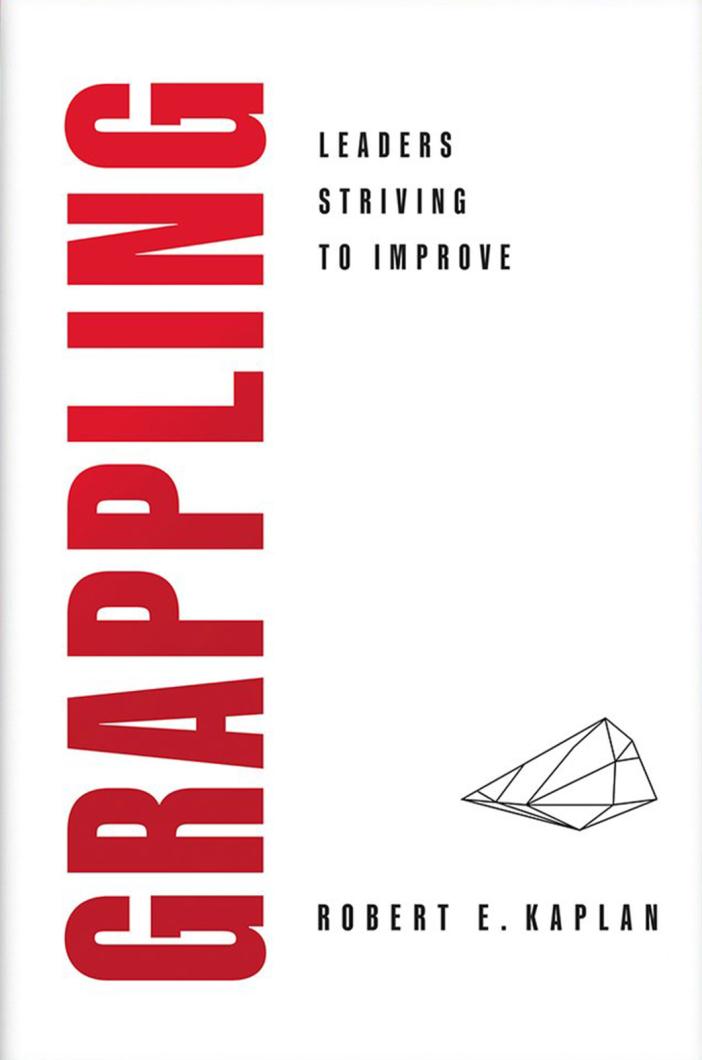For decades, Chilmarker Bob Kaplan has worked as a leadership coach for many influential business executives. He has written articles, essays, and books about his method and approach, which dives deeply into his clients’ personal and family histories to see what makes them tick.
In his new book, Grappling: Leaders Striving to Improve, Mr. Kaplan changes gear from nonfiction to fiction.
“I have done professional writing my entire life... but it’s been expository, and a few years ago, I was yearning for possibly a better way to offer some of what I’ve learned about basic leadership,” Mr. Kaplan told the Gazette. “That led me to fiction, in this case, they’re fictionalized cases about real people.”
Across Grappling’s eight stories, Mr. Kaplan presents fictionalized accounts of his experience with struggling executives, imagining the troubled home lives and family histories that have determined their nature as a leader.
In one story, Mr. Kaplan wanted to show how a rough-and-tumble executive, often brought in to fix failing companies, let this same approach affect his home life.
“I know he was like that,” Mr. Kaplan said, “but then I had to set the scene. I had to imagine the conversation between him and his daughter. I had to imagine the conversation between the daughter and her mother afterwards, and then imagine the conversation between the husband and wife.”
“It’s a real thing but, you know, scenes were imagined,” Mr. Kaplan said.
His hope with Grappling is that the fictional method he has employed will help readers connect with the characters first and glean morals later. Empathy, he feels, can lead to a deeper understanding of the problems that leaders face.
“There are lessons, but they are implicit. They’re never spelled out,” Mr. Kaplan said. “You don’t want it to be a case study. You want it to be some person that people can identify with or not identify with and have feelings for.”
Mr. Kaplan will give a presentation related to the book on Wednesday, August 21 at 4:30 p.m. at the Chilmark Library.







Comments
Comment policy »